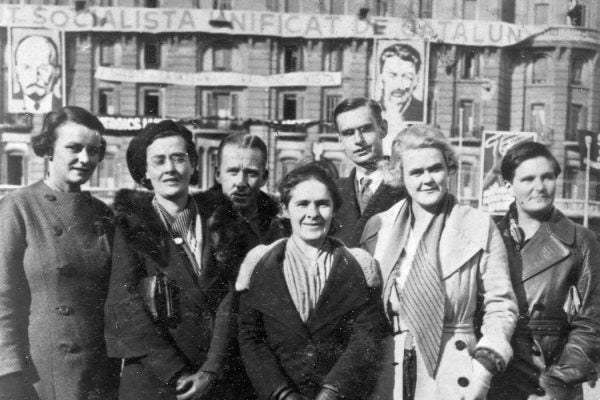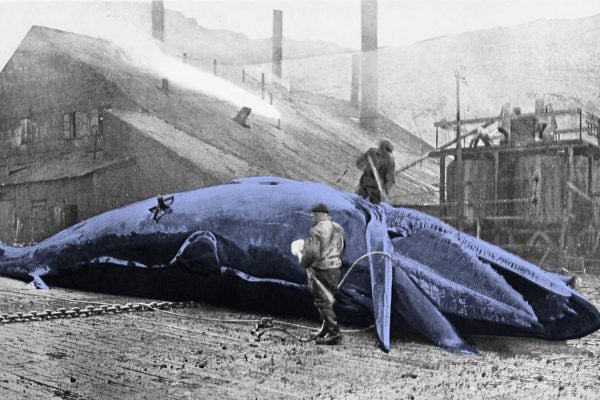The Editor Who Drove Hemingway Away
Harry C. Hindmarsh, assistant managing editor of the Toronto Daily Star, knew how to get under Ernest Hemingway’s skin.
All Travelers are Infiltrators: An Introduction to the Study of Travel Writing
Travel writing as a genre has arguably been around for centuries, but it didn’t emerge as a distinct field of academic study until the 1980s.
The Impact JSTOR in Prison Has Made on Me
Tim Johnson, serving a life sentence in North Carolina, shares how access to JSTOR creates opportunities that cultivate change in prison and beyond.
A Garden of Verses
As commonplace books evolved into anthologies, they developed reputations as canonical works, their editors curating tomes as vibrant as the loveliest bouquets.
“Tell Me about a Complicated Man”: A Homer Reading List
The amount of scholarship on Homer and his works can be daunting. We've created this introductory reading list to help guide your explorations.
Cultivating the Art of Slow Looking
When we examine the subject, foreground, and background of an image separately, the nuances of the scene emerge.
So You Plan to Teach Moby Dick
The study of Melville’s novel is enhanced by contextualizing it with primary and secondary sources related to the American sperm whaling industry.
Writing Poetry in Prison as an Act of Resistance
A writer recounts her uncle's experiences writing poetry in prison and advocating for Indigenous rights. His death and his typewriter are intertwined.
How Do We Know That Epic Poems Were Recited from Memory?
Scholars once doubted that pre-literate peoples could ever have composed and recited poems as long as the Odyssey. Milman Parry changed that.
The Grumpiness of Little Women
By focusing in on the characters’ emotions, a scholar discovers something more than good little women. She finds surprisingly angry ones.









